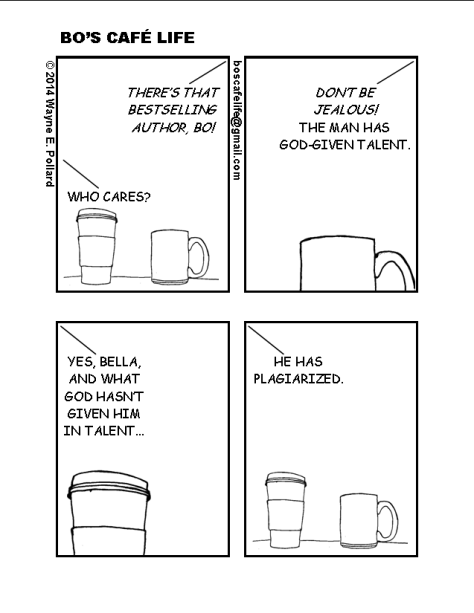It’s easy to become paranoid as a writer. After all, we work alone, hidden away from the world creating stories that we hope will be loved by the very people we’re shunning. But to do this, we need to make entreaties to mysterious wraiths—literary agents—whose websites appear to show them as civilised arbiters of taste, yet they’re also strangely silent when approached.
Querying takes on the feeling of throwing a message in a bottle into a tempestuous ocean: has anyone even read your submission, and if they have done did they immediately dismiss it or laugh their heads off at your ineptitude?
The old saying ‘Just because you’re paranoid doesn’t mean to say they aren’t out to get to you’ takes on a frustrating twist for writers: ‘Just because you’re paranoid doesn’t mean to say they even know you exist.’
This state of disconnectedness and paranoia are well summed up in a poem by Phillip Lopate, called We Who Are Your Closest Friends. An excerpt appears in Anne Lamott’s Bird By Bird which is one of the best books about writing I’ve read.
We Who Are Your Closest Friends
we who are
your closest friends
feel the time
has come to tell you
that every Thursday
we have been meeting
as a group
to devise ways
to keep you
in perpetual uncertainty
frustration
discontent and
torture
by neither loving you
as much as you want
nor cutting you adrift
your analyst is
in on it
plus your boyfriend
and your ex-husband
and we have pledged
to disappoint you
as long as you need us
in announcing our
association
we realize we have
placed in your hands
a possible antidote
against uncertainty
indeed against ourselves
but since our Thursday nights
have brought us
to a community of purpose
rare in itself
with you as
the natural center
we feel hopeful you
will continue to make
unreasonable
demands for affection
if not as a consequence
of your
disastrous personality
then for the good of the collective
Do any of you feel like you don’t exist, that what you’re doing is just a figment of your own imagination?
How is it that mediocre authors get published when your immaculate manuscript can’t get a look in?
Do you ever feel like there are more people who hate you and your writing than love it?
Should your paranoia follow you to bed and cuddle up with regret, then remember Fleur Adcock‘s poem Things:
There are worse things than having behaved foolishly in public.
There are worse things than these miniature betrayals,
committed or endured or suspected; there are worse things
than not being able to sleep for thinking about them.
It is 5 a.m. All the worse things come stalking in
and stand icily about the bed looking worse and worse and worse.

It’s an evolutionary quirk of the human mind, that we remember and focus on negative memories better than we do the pleasant events that happened to us. Partly, this is a hard-wired defence mechanism to keep us safe, but it can make your brain feel like it’s conspiring against you.
Why People Remember Negative Events More Than Positive Ones
We should all learn to be friends to ourselves.


.jpg?w=474)













